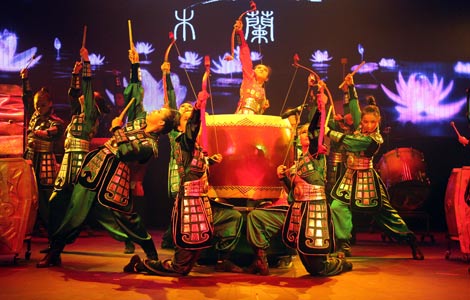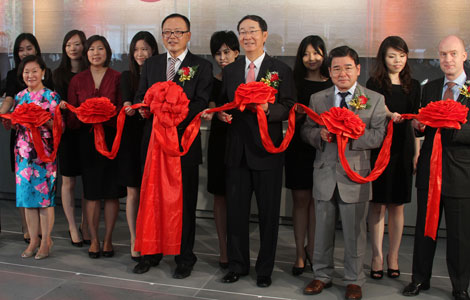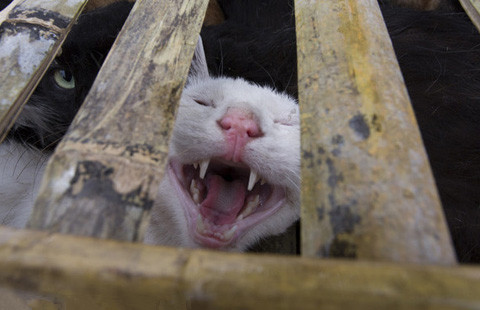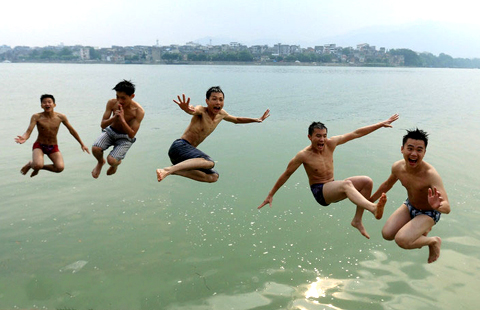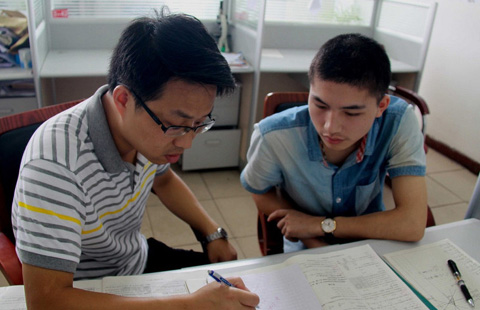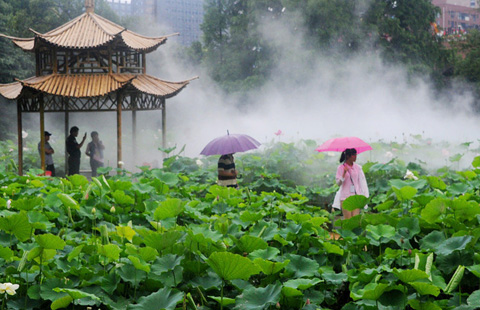Iran eases demands for nuclear capacity at talks
Updated: 2014-07-04 08:41
By Agencies in Vienna (China Daily)
|
||||||||
Teheran, 6 world powers haggle over number of enrichment centrifuges
Iran has reduced demands for the size of its future nuclear enrichment program in talks with world powers although Western governments are urging Teheran to compromise further, Western diplomats close to the negotiations said on Thursday.
The diplomats, who spoke at the start of a two-week round of negotiations between Iran and the United States, Britain, France, Germany, Russia and China, said that despite some movement from Teheran, it would not be easy to clinch a deal by their self-imposed deadline for a deal of July 20.
Teheran's shift relates to the main sticking point in the talks - the number of uranium enrichment centrifuges Iran will maintain if a deal is reached to curb its nuclear program in exchange for a gradual end of sanctions. Ending the decadelong dispute over Iran's nuclear ambitions is seen as instrumental to defusing tension and averting a new Middle East war.
"Iran has reduced the number of centrifuges it wants but the number is still unacceptably high," a Western diplomat told Reuters on condition of anonymity and without further detail.
On Wednesday, a senior Iranian official told Reuters that Teheran has refused to back down from its demand to maintain 50,000 operational centrifuges, a figure deemed by Western officials to be out of step with Iran's stated need for a strictly civilian nuclear energy program.
Iran, a major oil producer, says it plans a future network of nuclear power plants to diversify its energy supply, though just completing one of them would take many years, analysts say.
"Iran needs at least 50,000 centrifuges and not 49,999," the Iranian official said. "We will not compromise on that. The other party is talking about a few thousands, and this is unacceptable for Iran."
That figure has been in the public domain for some time. The head of Teheran's atomic energy organization, Ali Akbar Salehi, said months ago that the Natanz enrichment plant alone would need 50,000 advanced centrifuges going forward.
But the Western diplomats said that behind closed doors Iran was no longer insisting on 50,000 machines. It had signaled it would settle for a lower figure but declined to specify the number so as not to disrupt the negotiations.
Iran now has over 19,000 centrifuges, though only around 10,000 of those are running. The powers want that number cut to the low thousands, to ensure Iran cannot quickly produce enough high-enriched uranium for a bomb, should it choose to do so.
Teheran denies allegations from Western powers and their allies that it is developing a nuclear-weapons capability behind the screen of a declared civilian atomic energy program.
Iran 'will not kneel'
"As we said, we are ready to assure the world that we are not after the bombs," another senior Iranian official said. "We have shown our goodwill but will not yield to demands that violate our rights.
"A few thousand more or less centrifuges makes no difference," he added. "Our right to enrichment has been accepted by all parties involved in the talks. ... There are technical ways to assure both sides about securing their rights and removing concerns."
Iranian Foreign Minister Mohammad Javad Zarif said Teheran was ready to take concrete steps to ensure its nuclear program is peaceful but will not "kneel in submission" to do a deal.
Demands that Iran's program be "radically curbed" rest on a "gross misrepresentation of the steps, time and dangers of a dash for the bomb", Zarif said.
Writing in French daily Le Monde, Zarif said Iran "will not abandon or make a mockery of our technological advances or our scientists".
Reuters - AFP
(China Daily 07/04/2014 page11)
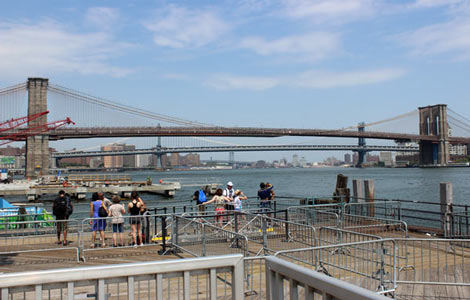
 Macy's 'Fourth' show will include made-in-China fireworks
Macy's 'Fourth' show will include made-in-China fireworks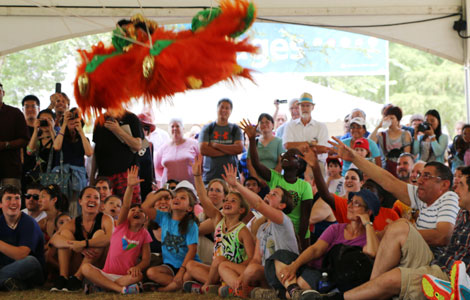
 Smithsonian Folklife Festival 2014 features China and Kenya
Smithsonian Folklife Festival 2014 features China and Kenya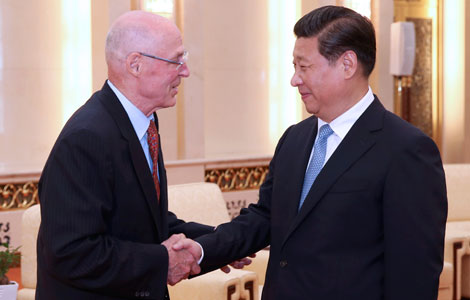
 Xi urges US to view China 'objectively'
Xi urges US to view China 'objectively'
 Xbox One readies for national debut
Xbox One readies for national debut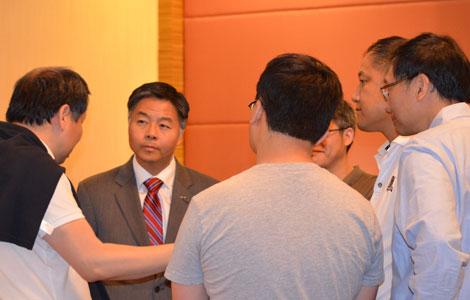
 Political plan
Political plan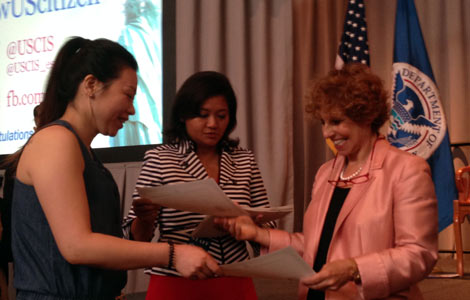
 Naturalization ceremony at New York Public Library
Naturalization ceremony at New York Public Library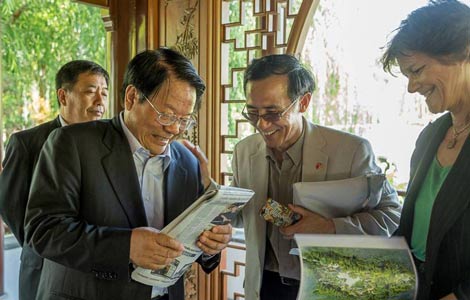
 Bridging the culture gap
Bridging the culture gap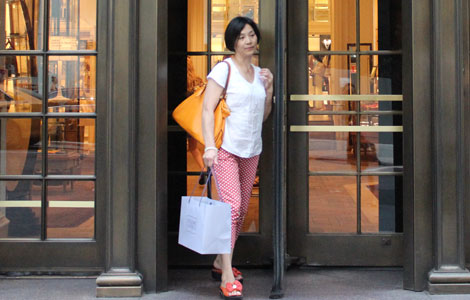
 Consumers from China prefer niche luxury items
Consumers from China prefer niche luxury items
Most Viewed
Editor's Picks

|

|

|

|

|

|
Today's Top News
Private, foreign investment to aid tourism industry
Culture the best basis for ties
Chinese turns to US for milk products
Giving voice to voiceless people
China's presence in RIMPAC 'significant'
US hopes high for S&ED
Restrictions loosened in Shanghai trade zone
Top-level general expelled for graft
US Weekly

|

|
